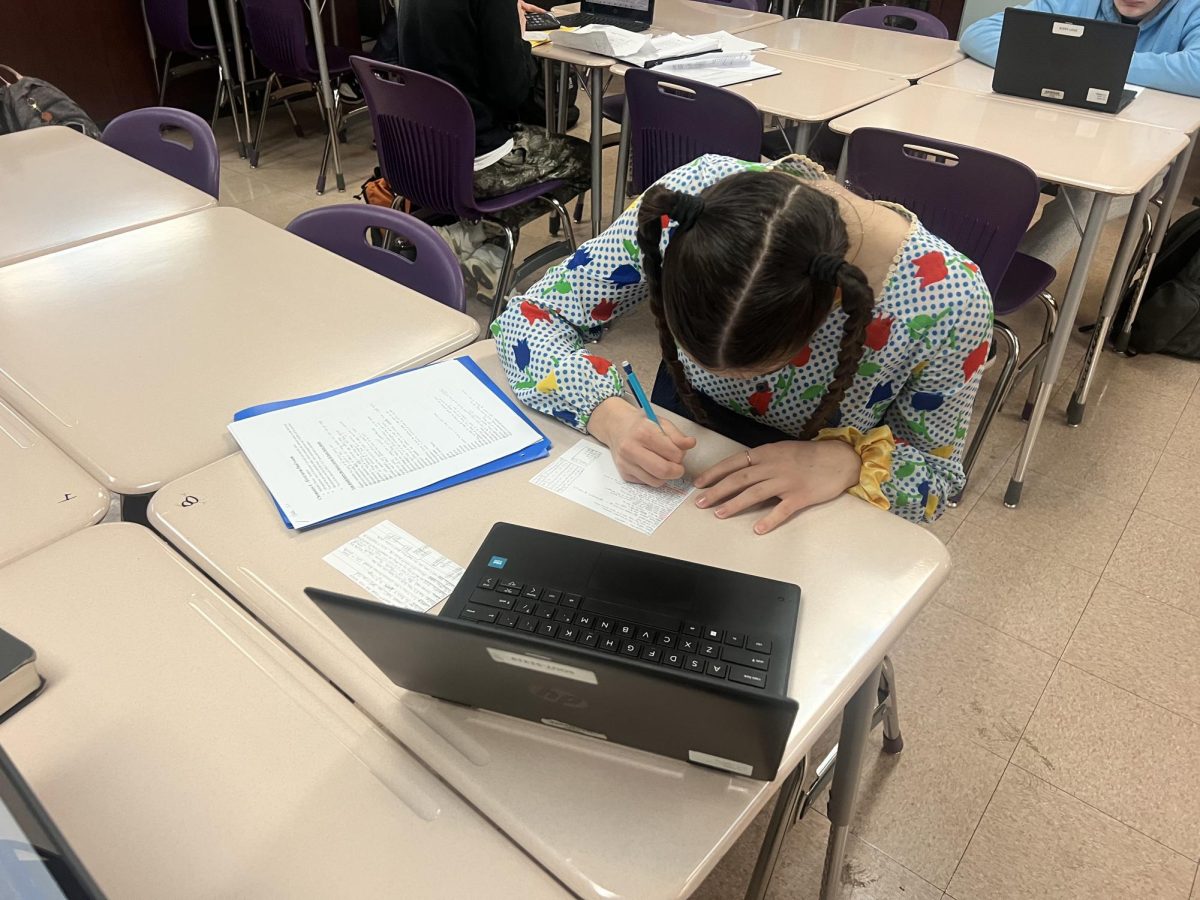Would you spend half a million dollars for your child to just get into college? Then, the $50k per year after that? Some families in America did just that. While paying tuition is certainly not fun, there’s nothing illegal about it. However, paying your way into a school? Not so legal. Recently, I watched Netflix’s “Operation Varsity Blues: The College Admissions Scandal.” In short, the most privileged members of society were able to pay for their children to get into college. They did this through a gentleman named Rick Singer, who used what he called a “sidedoor” to get these affluent kids into any college they wanted. In order for it to work, Singer forged relationships with college athletics coaches, which included donating money to their programs or to them personally. In exchange, the coaches would “recruit” certain kids that Singer had been paid to get into school. The Netflix movie left me slightly dumbfounded. Why would people do something this ridiculous? I had three takeaways from the documentary.
- Your college doesn’t define you
I have been pretty bad about this in the last eight months. It’s really easy to get caught up in the successes and failures of the college admissions process. It’s even easier to internalize the “yes” or “no” that you get from admissions committees around the country. One conclusion that I came to after watching this film was that your college does not define you. The parents in this movie seemed to live through their children in a lot of ways, so if their daughter was at Harvard, it was kind of like they were at Harvard, too. The status gained by getting into Harvard or another competitive school is a lot, but is there any real benefit to said status? I don’t think so. If kids and parents only find their identity in their successes, their failures will be worse. Not to mention the fact that there are three thousand colleges in the USA and Harvard and USC are definitely not the end-all, be-all.
- Competition is a good thing
In addition to affluent families that committed the crimes, the film highlights several American high school students that seem to be saying the same thing as the now-felons, but it doesn’t reach the viewer in the same way. To paraphrase, one teenager, when talking about the college admissions process and its difficulties, says “some kids just go around doing extracurriculars and only focusing on homework and tests. That’s unfair.” I firmly disagree with this. There is nothing more fair than this. As toddlers, humans learn to manage expectations, which is a tool we use for our entire lives. It’s no different with college, and part of the reason this scandal happened was because these parents failed to do that. To jump back over to the high schooler, I would tell her that competition is a good thing. If you have been dreaming of attending Northwestern, but you haven’t put in the work in the same way as other kids, you don’t deserve to get in. If you aren’t willing to sacrifice your time (sleep and social schedule) at the level of the kids that get in, why would you expect there to be any different result than the one you got? It’s true, acceptance rates have gone down significantly just about everywhere, and a lot of kids work really hard. But results matter, too. And admission to college is often based on success, not just about how hard someone works. Self-awareness and managing expectations are essential to competition.
- Gen Z could be in bad shape in the future
Central to the film is the idea of helicopter parenting, now called snowplow parenting, in which parents remove obstacles from their childrens’ paths to “help them.” It’s destructive, but it’s really common among my generation, which is why I think Gen Z could be in bad shape in the future. Lori Loughlin’s daughter, Olivia Jade, had a massive social media presence, and would have had a good career on YouTube had she not wanted to go to college. But when she knew she couldn’t get in where she wanted, her mom removed the obstacles in front of her and paid $500,000 to get her into USC. There are varying degrees of “snowplow parenting,” and this is among the highest possible, but the lower degrees are just as dangerous. Obstacles are good because as humans face them, they grow stronger. An easy comparison is the human immune system. As babies, it’s central to our development that we test our immune system by getting sick in order to build immunities later in life. If a proper immune system is not built up, the person will be sick constantly later in life. That could not be more applicable to the way I see this film relating to Gen Z. If my generation’s parents continue to allow us to skate through life without experiencing failure, it will be no favor to us one day when we face real challenges.
This film was extremely fascinating, and I highly encourage people to watch it and draw their own conclusions. If there were ever a relevant high school topic to high school seniors, this is it.

